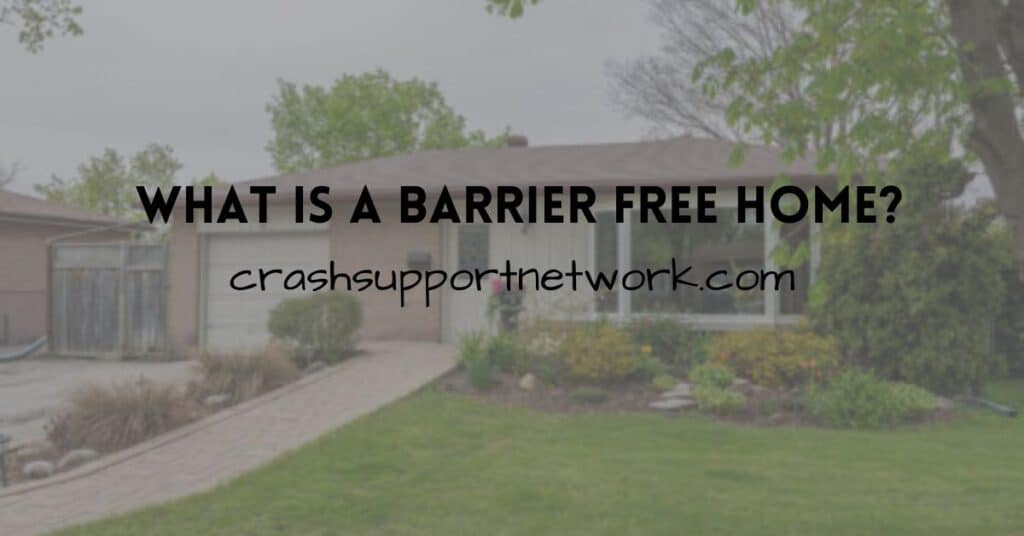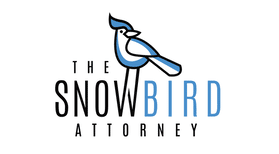
What Is a Barrier Free Home and Where Do I Go?
Post Accident Housing Options
After a traumatic accident that has caused physical injury you have many decisions to make. Housing is one of them. If your pre-accident home can no longer meet your needs, you’ll need to consider other options. I can help. For over 20 years I’ve been a REALTOR® with RE/MAX Unique Inc. in Toronto. During that time I have developed a very specific real estate niche—helping people buy and sell barrier free, wheelchair accessible houses and condominiums.
Often, one of the first questions I get asked is how I got into this specialized market. Growing up, my mother was a Physiotherapist at Lyndhurst Hospital, now part of Toronto Rehab and my aunt had Multiple Sclerosis and used a wheelchair for mobility. Because of them, I learned about accessibility at a very young age. Fast forward to the mid 90’s; I was building houses and got my real estate licence to sell the houses I built. Now I use my construction knowledge combined with my real estate expertise to help clients buy and sell barrier free homes.
Collaboration is the key.
I work closely with you and your family, along with the other members of your rehab team: Case Manager, Occupational Therapist (OT), Lawyer, and Home Modification Expert. The goal is to ensure that after you are discharged from the hospital or rehab centre, your home will be comfortable, within budget and meet all of your mobility needs. If you live outside of the Greater Toronto Area, I will find a Realtor in your location who we can work with.
What Is An Accessible, Barrier Free Home?
I use the terms accessible home and barrier free home interchangeably. There is no standard definition, I think it depends on you, your family and what your collective needs are. Most accessible homes (houses and condominiums) that I work with are modified for a specific person. And usually that person lives there for a long time. For that reason, accessible homes do not come on the market very often. The majority of my clients buy a home that can be modified to suit their specific needs.
Which Option Is Best For You?
House
If you have a large family that requires a lot of space, then buying a house might make sense. Single level bungalows are often ideal, but residential elevators and telecabs can make two story houses accessible for everyone. But remember that not all houses are suitable to modify. For example, side splits and back splits often have too many stairs and townhouses can be too narrow to install an elevator.
Condominium
There are many advantages to purchasing a condominium. For example, the maintenance of the building and grounds are included in condo fees and handled by outside contractors. Renovations, however, may not be as easy to make in a condo unit. Plumbing can be a particular challenge since toilet drains, and main water lines cannot be moved and this has to be factored into any renovations that are required. Accessibility throughout the whole building must also be considered. The entrance, parking area, and amenity areas all need to be looked at. Automatic door openers are also critical. And can the underground parking garage accommodate the height of your vehicle, provide transfer space and an accessible path to enter the building?
Rental
Over the past two years there have been a number of new rental buildings that have opened up in downtown Toronto. These new buildings have suites with larger washrooms with a 5’ turning radius and wider doors but unfortunately, despite the demand, I haven’t seen any that have been built with roll in showers.
Finding a rental unit with a roll in shower is extremely rare.
Short Term Stay Accessible Hotel
Many newer hotels have one and two bedroom suites with roll in showers. While this can be a very good option in the short term, it can be very costly over the long term.
Quick Decision
Time is often limited to find suitable housing. Planning for your housing needs must begin as soon as possible after your accident. The good news is that there is an increased awareness about barrier free homes among new home and renovation companies. And with aging in place becoming more common among older adults, the demand for barrier free homes, and therefore the future re-sale value, is only going to increase in the years to come.
Submitted by Jeffrey Kerr, Broker & Barrier Free Real Estate Specialist
For more information please visit: www.accessiblehomefinder.com.
Jeffrey Kerr is a member of Crash Support Network and we thank him for his support.
This article is also featured in our 2019 Winter Issue of Sharing our Recovery
The Crash Support Network is a unique website consisting of an online support group, a Crash Survivor Blog written by a survivor, our Sharing Our Recovery Newsletter, informative articles and a Virtual Crash Memorial. Our website is based on relationship-building and puts the needs of survivors first by creating a helpful resource for victims and survivors of motor vehicle crashes.




